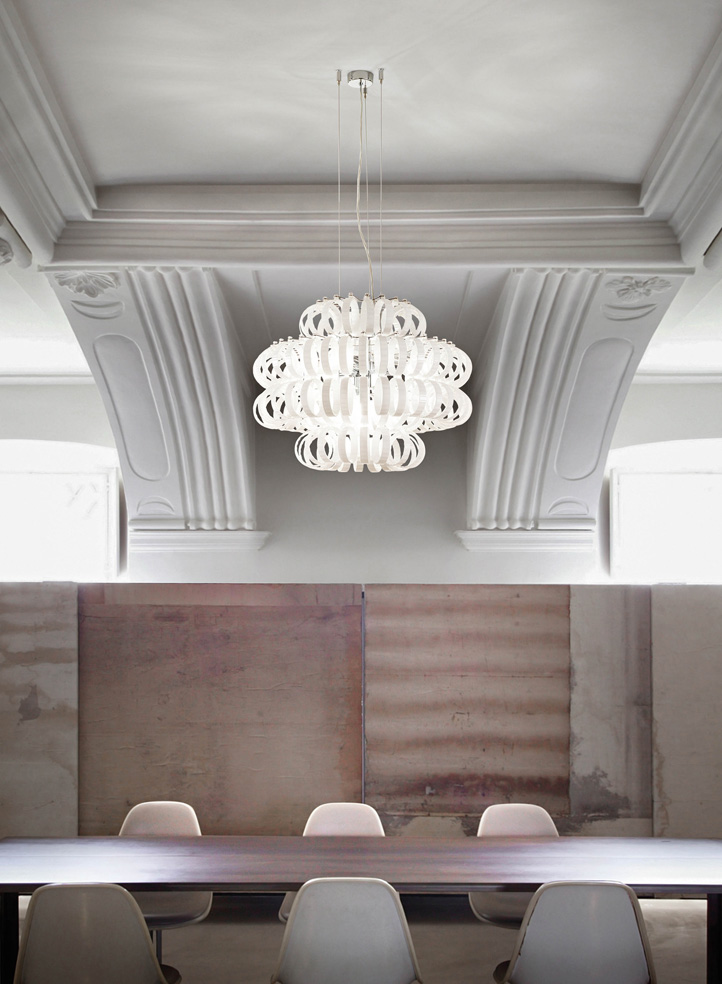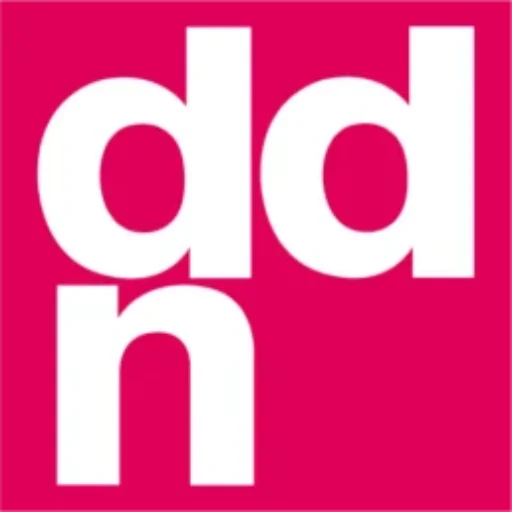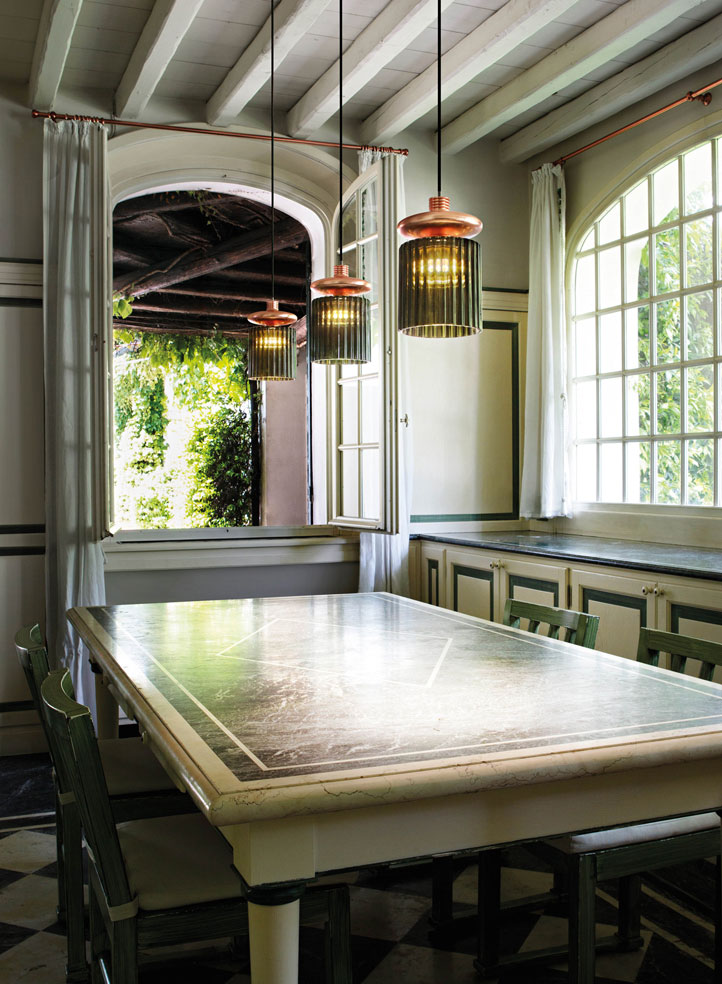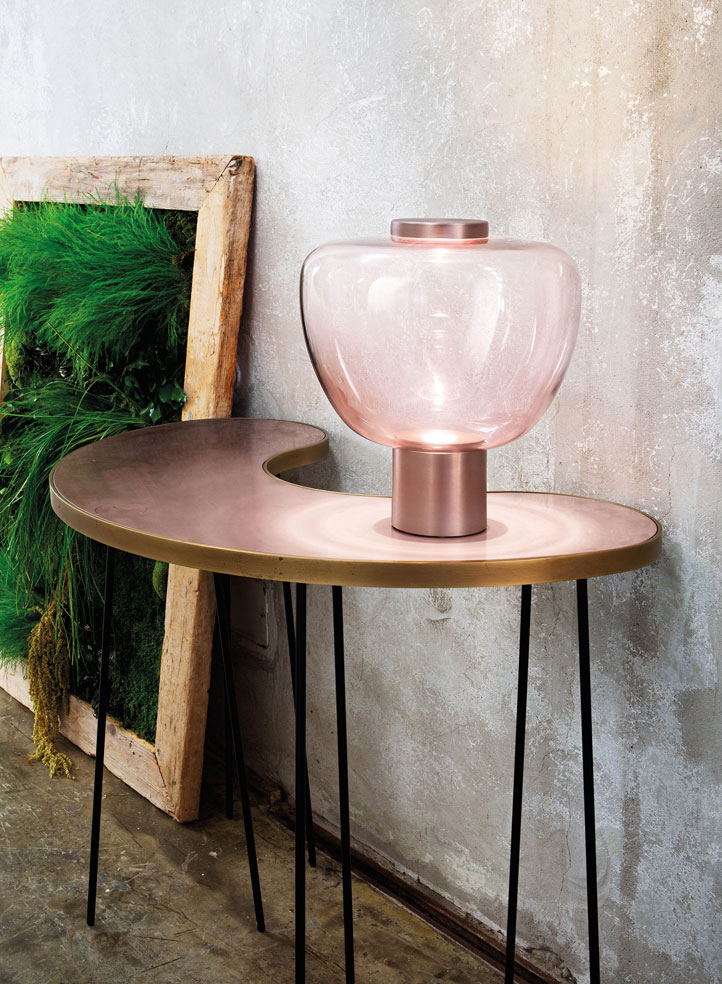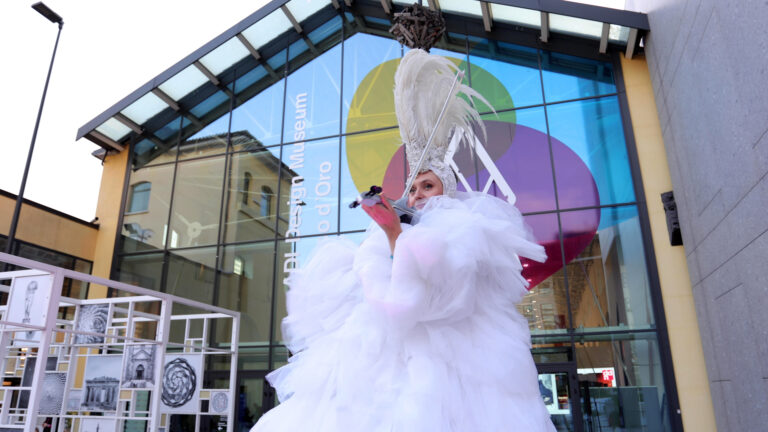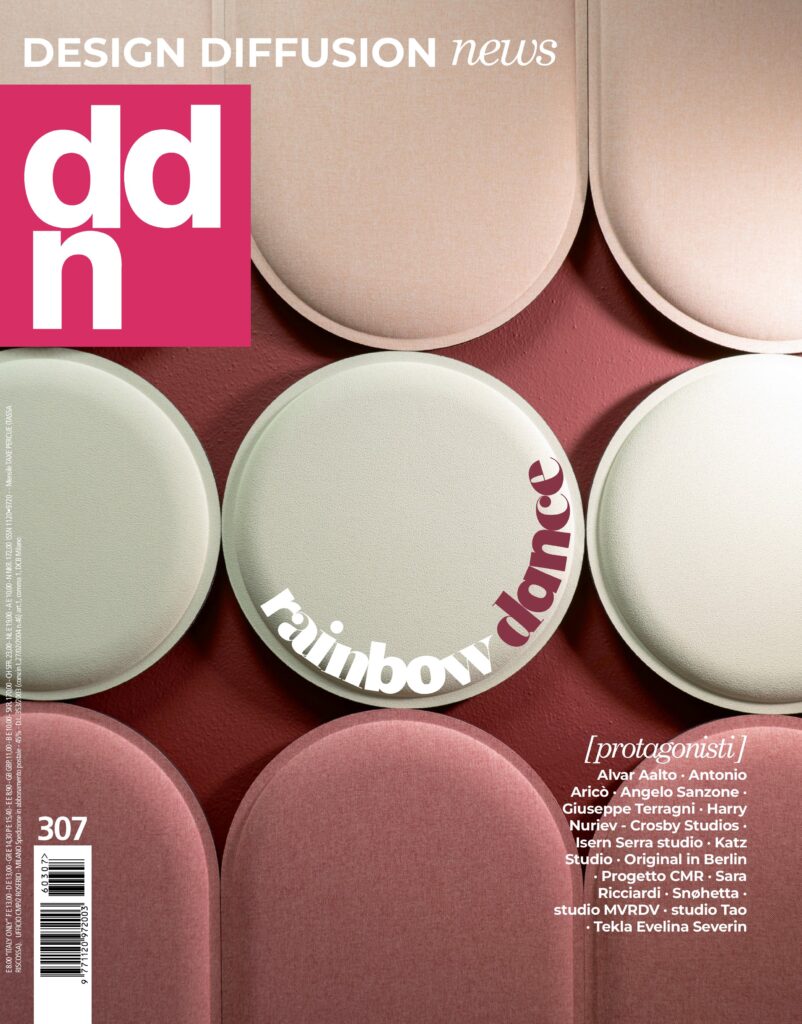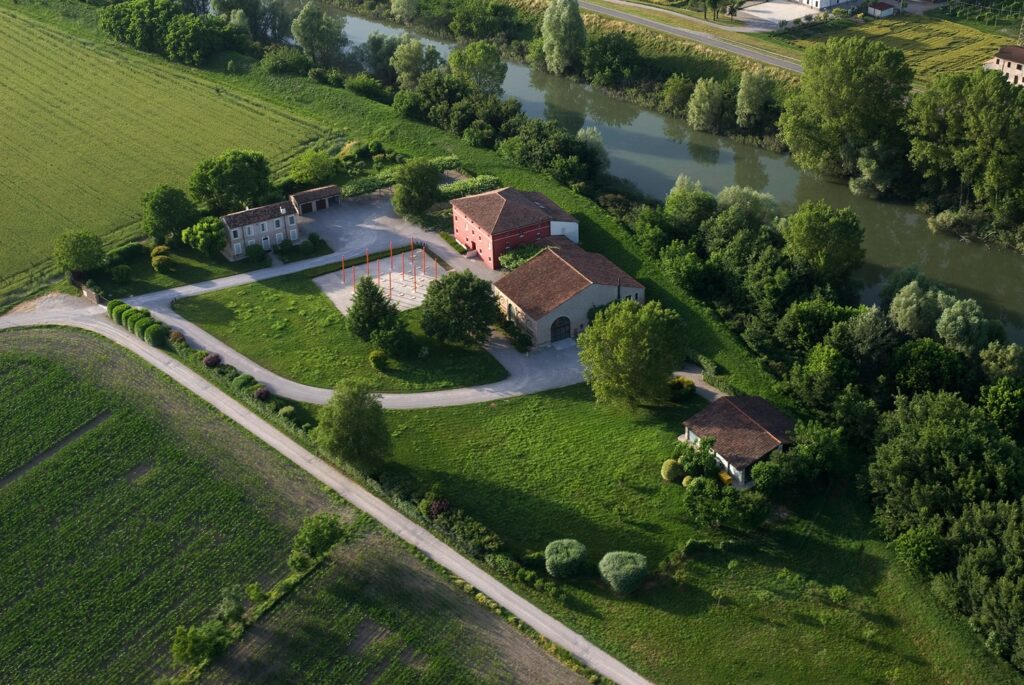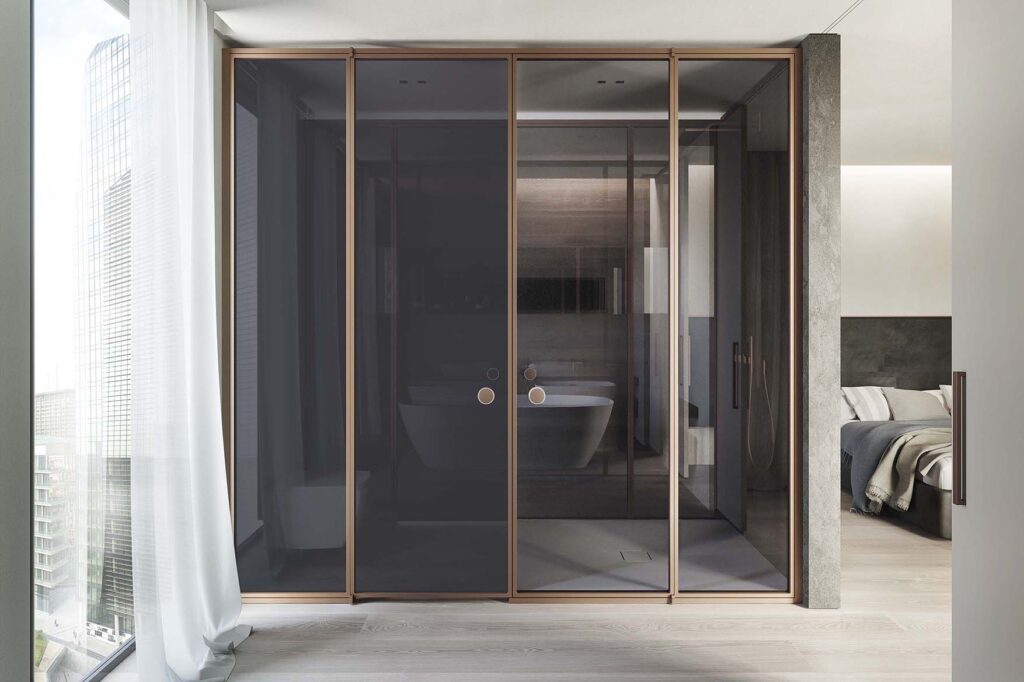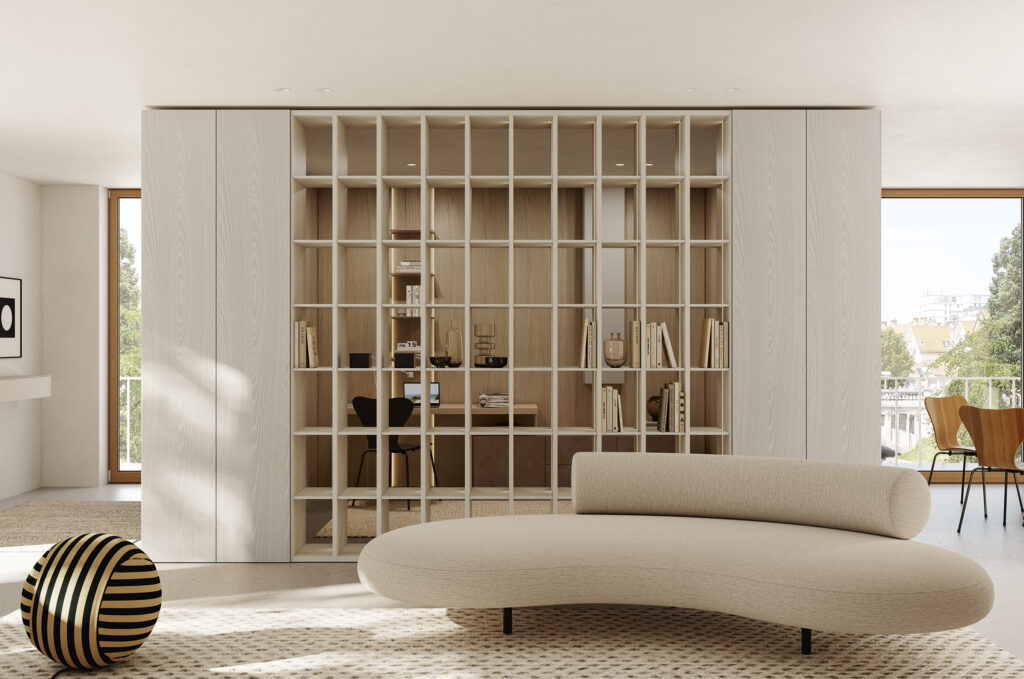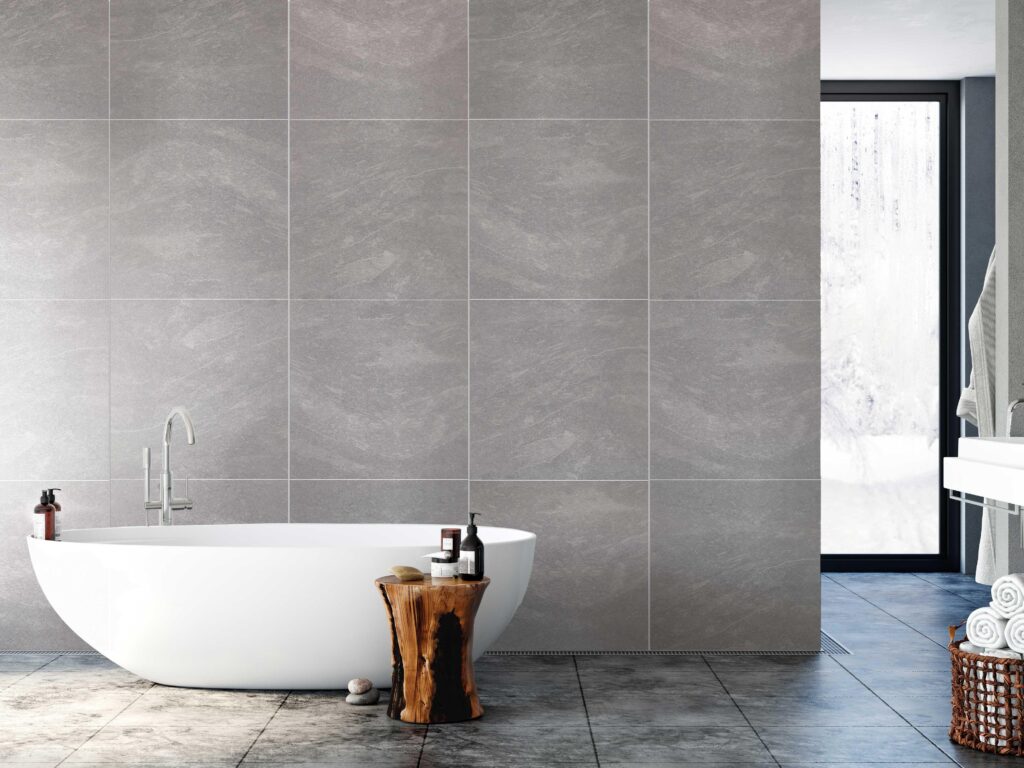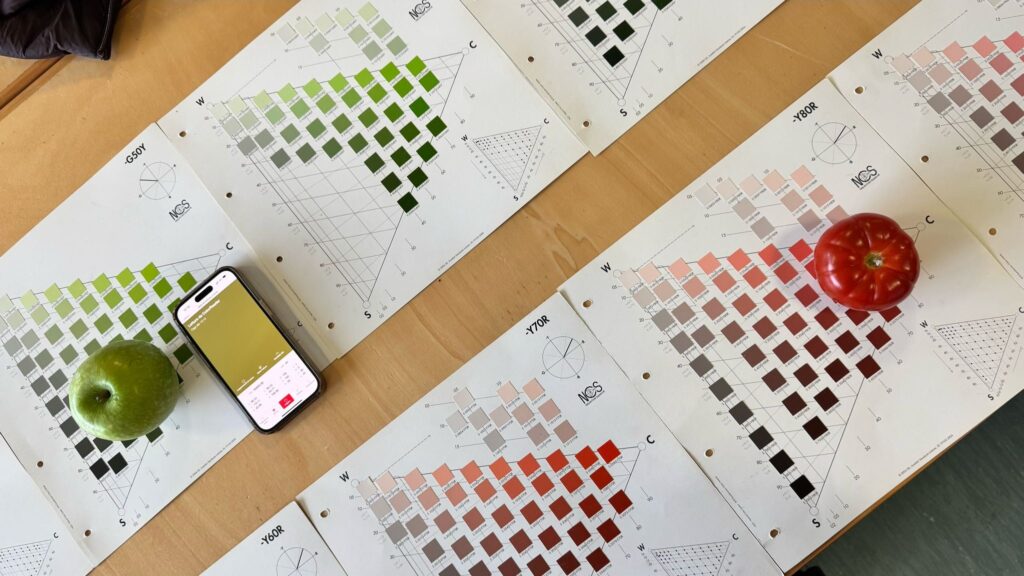#Designgoeson: Designdiffusion.com talks with Matteo Moretti, General Manager Vistosi, about smart working and how the crisis will change how we work
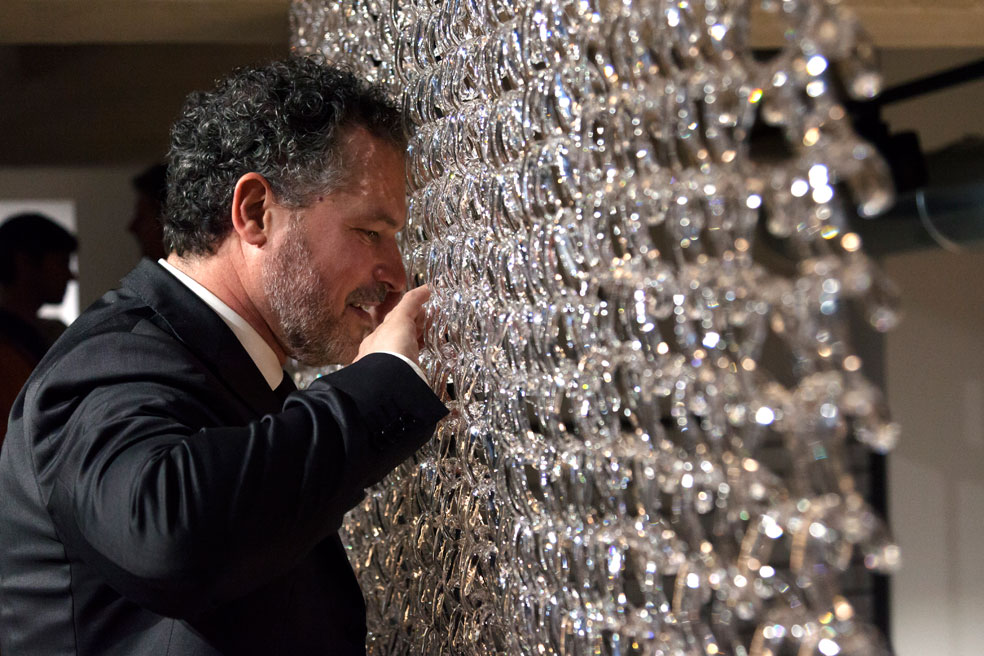
What measures have you adopted to overcome the Covid-19 health emergency?
When we had to deal with the health emergency, we worked on several aspects. First of all, we implemented smart working for all the functions that can be carried out remotely. In this way, sales, marketing and technical departments can keep working. On the other hand, the glasshouse and the workshop, our only production areas, have been closed by decree since March 25. Nevertheless, in the meantime, we have sanitized the environments with special treatments, and we have taken various measures to have all the areas as clean as possible. Desks are always clear and host only the computer, the keyboard, the mouse and the folder with ongoing projects, and we have rotating shifts for the canteen to avoid large crowds. Even in production departments we have organized the workstations to respect the required distances and, in this way, we give our employees the possibility of working safely.
Read also home office for smart working
New ways of working: remote working
The new way of working imposed by this crisis is proving to be very interesting, however. Whereas until recently many functions were based on face-to-face meetings, today we are able to do several things remotely, without affecting quality at all. For example, project progress meetings via conference call are proving to be much more productive. Participants intervene only when their presence is necessary and do not have to participate in marathon meetings, of which only a part interests them directly. The same can be said about clients, who do not have to spend hours travelling when it is not necessary.
Discover also #Designgoeson: How China is recovering
Discover also #Designgoeson: Roberto Gavazzi and Boffi | De Padova
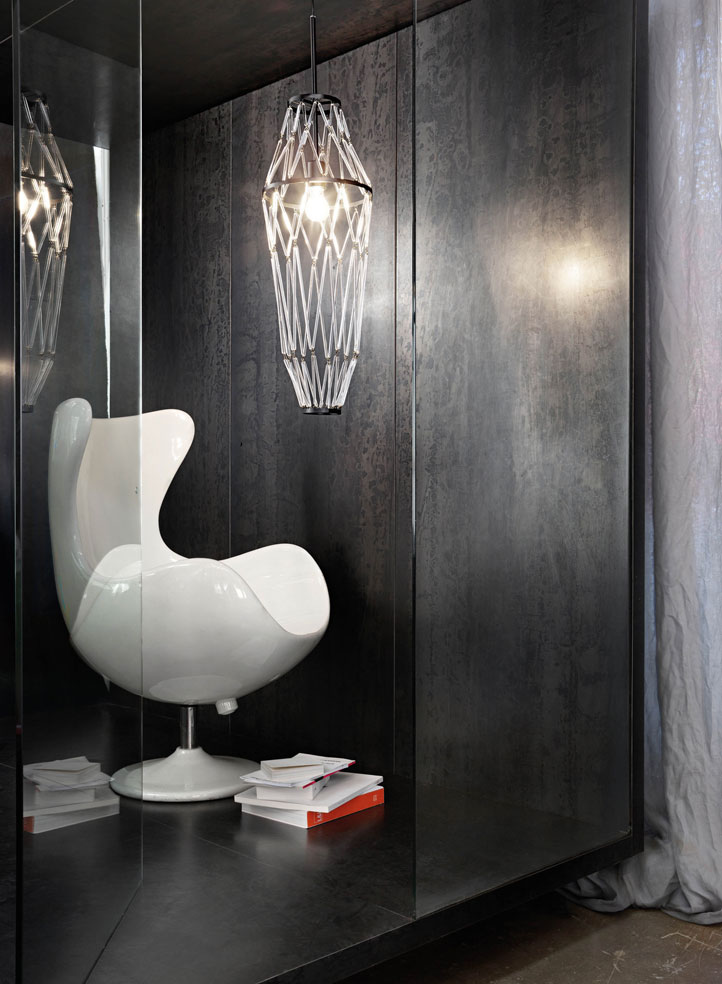
Therefore, I think that, after this crisis, some habits will be completely and irreversibly changed. And, in my opinion, it will be good. I think that it will be good for both the companies, because it will reduce costs, and the environment, as it will reduce the movement of people.
Read also #Designgoeson: Filippo Santambrogio, Viva Porte and China
Read also #Designgoeson: Massimiliano Messina and Flou, design and Covid-19
Will the health crisis affect also the exports of made in Italy products?
This is a question that nobody can answer yet. I wonder what the demand for luxury goods will be in the short and medium term: I think that, when we start to recover from this emergency, Vistosi products, just like any other nonessential goods, will take second place for a long time. And our reorganization is also due to this reason and the need to limit costs. However, there are some countries from which we still receive orders, though a little less than at this time last year. Moreover, there are orders from the last months of 2019 still to be processed, and a well-structured warehouse. All this allows us to hope that, if the production stop does not exceed a few weeks, all in all, we may recover quite quickly.
Discover also Maurizio Riva: Riva 1920 and communication as a means to rise again
Discover also Nicola Coropulis: Poltrona Frau and the future of Made in Italy design
Will communication change after this crisis? How?
There are many changes concerning communication and some have been going on for several years. Perhaps this critical situation, with the impossibility of moving, will lead us to rethink the whole communication system. For example, it is possible that the system of trade fairs will have to rethink some strategies. I am not saying that fairs will disappear, of course, but they may be reduced in size; maybe there will be more small-scale events instead of huge, usually very expensive, events. Online communication will become an increasingly vital complement, even in everyday life. And I think that, to compensate for the flow of online conversations, which will certainly increase, paper magazines and beautiful catalogues will be much appreciated as tools for in-depth analysis. Finally, I think that, if we reduce business travel, we will start to travel more for pleasure and holiday. And this could be a good thing.
Discover also Giovanni Del Vecchio, Giorgetti: safeguarding the supply chain
Discover also Alberto Lualdi and online communication
